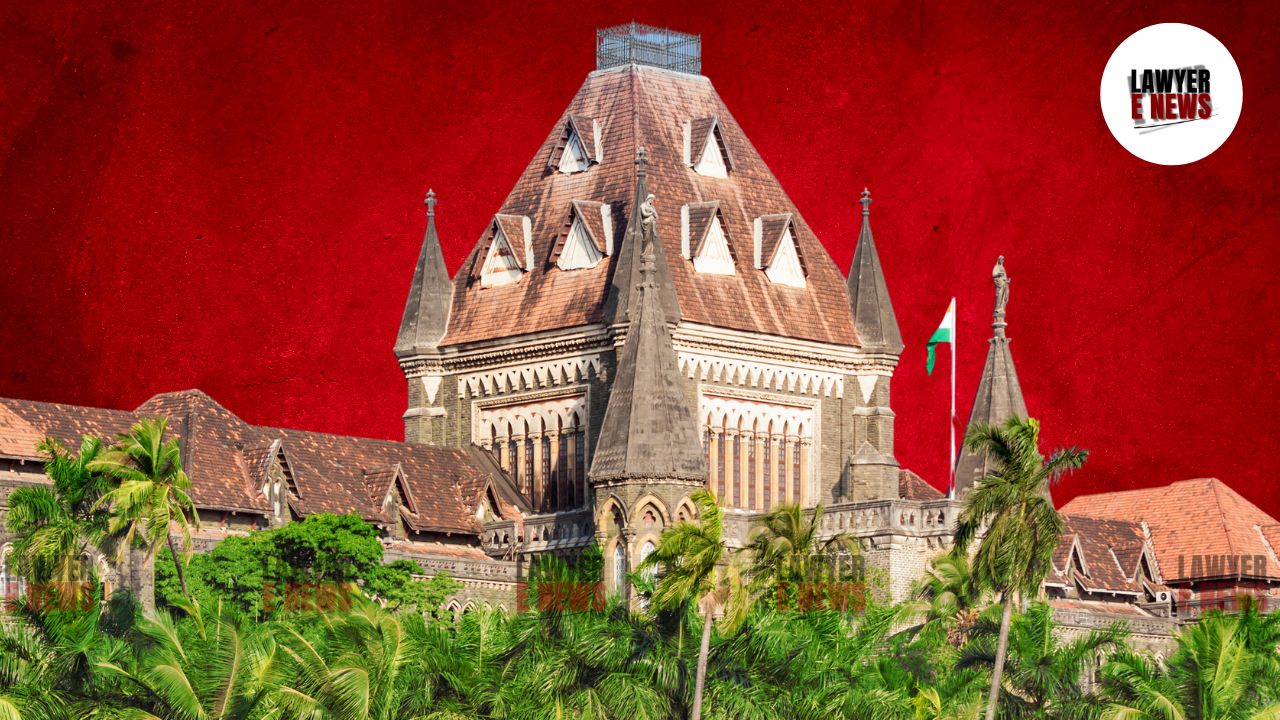-
by sayum
14 February 2026 2:22 PM



High Court allows improvement exam for student under special medical circumstances, setting a compassionate precedent Mumbai, July 2024 – The High Court of Judicature at Bombay has permitted Aradhya Arvind Singh, a bright student diagnosed with Internet Gaming Disorder and depression, to appear for the improvement examination in July 2024. This decision comes after Aradhya missed his scheduled improvement exams due to his medical condition and ongoing treatment. The bench, comprising Justices A.S. Chandurkar and Rajesh S. Patil, emphasized the need to consider medical circumstances while interpreting regulatory provisions.
Aradhya Arvind Singh, residing in Anushakti Nagar, Mumbai, had an impressive academic record with scores ranging between 85% to 93% up to the 11th standard. However, during his Higher Secondary Certificate (HSC) Examination in March 2023, he was battling depression and was subsequently diagnosed with Internet Gaming Disorder. Due to these health issues, he scored 319 marks out of 600.
From July 2023 to December 2023, Aradhya underwent treatment at the Bhabha Atomic Research Centre Hospital, which incapacitated him from appearing in the immediately succeeding improvement examination as mandated by the Maharashtra State Board of Secondary and Higher Secondary Education Regulations. After his treatment, he sought permission to appear in the March 2024 examination, but did not receive a response, prompting him to approach the High Court.
The court acknowledged the petitioner’s medical history and the authenticity of his treatment records. Justice Chandurkar remarked, “The documents on record, including the medical reports from Bhabha Atomic Research Centre Hospital, indicate that the petitioner was undergoing treatment for Internet Gaming Disorder at least till the end of December 2023. The authenticity of those documents is not doubted.”
The court reviewed Clause 92.6 of the Maharashtra State Board Regulations, which stipulates that students seeking to improve their marks must do so in the immediate subsequent examination. However, it found that the petitioner’s medical condition warranted an exception. The bench noted, “Though it is necessary for the student to seek such improvement in his marks in the succeeding examination, the same has not been possible for the petitioner.”
In light of the peculiar facts of the case, the bench determined that denying Aradhya the opportunity to improve his marks would be unjust. “In the interest of justice, subject to the petitioner making the requisite application seeking permission to appear in July-2024 Examination with the respondent no.3-College, coupled with payment of necessary late fees, he shall be permitted to appear in the July-2024 Examination that is to commence from 16th July 2024,” stated the court.
While granting this relief, the court was cautious to clarify that this decision was specific to the circumstances of the case and should not set a general precedent. “Since these directions are issued in the backdrop of the petitioner’s ailments and in the peculiar facts of the case, the same shall not be treated as precedent,” the judgment emphasized.
The High Court’s decision underscores the judiciary’s sensitivity to individual circumstances, particularly in educational contexts where health issues impede academic progression. By allowing Aradhya to appear for the improvement examination, the court has reinforced the importance of considering medical conditions while applying rigid regulatory frameworks. This judgment is a significant step towards ensuring that students with genuine medical issues are not disadvantaged in their academic pursuits.
Date of Decision: July 4, 2024
